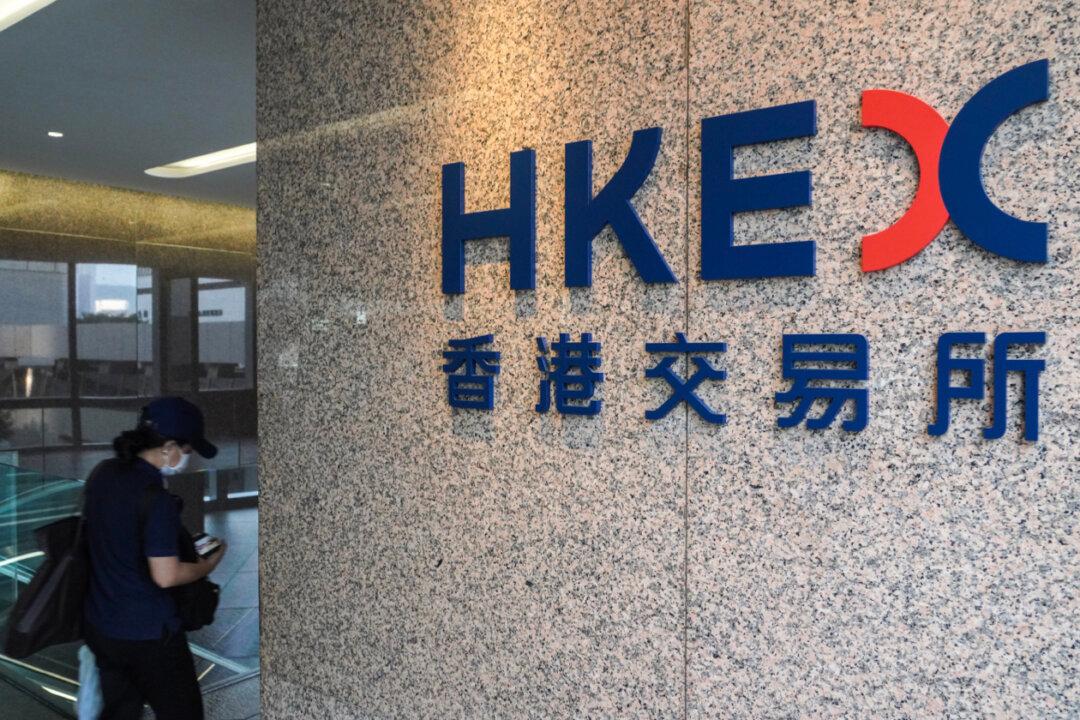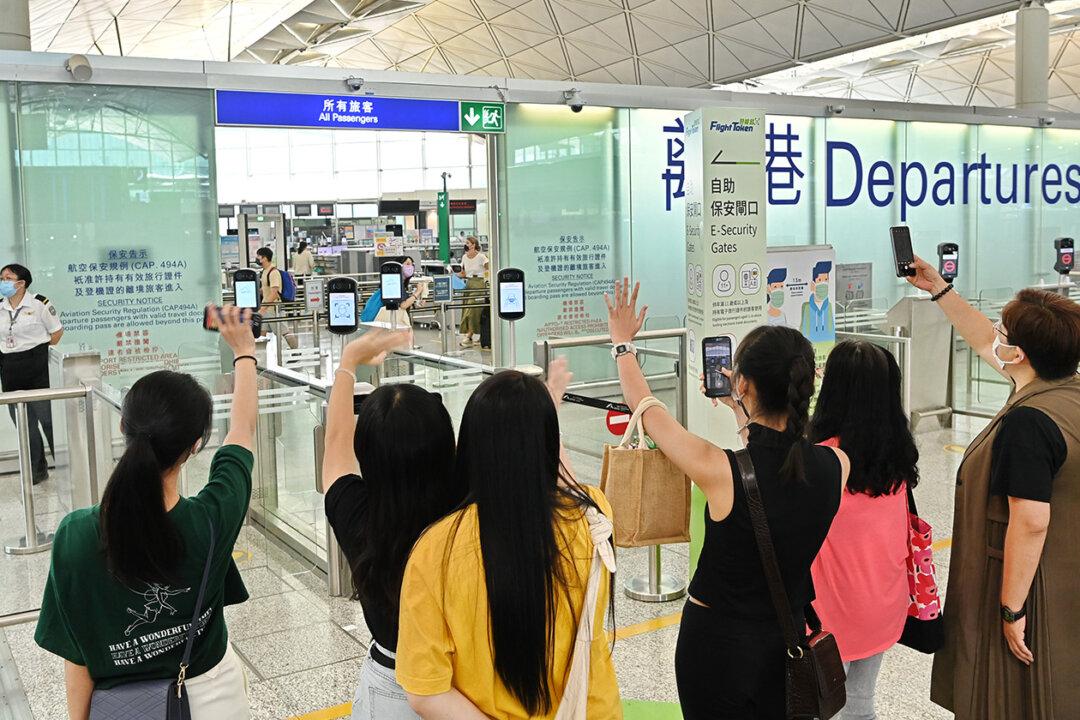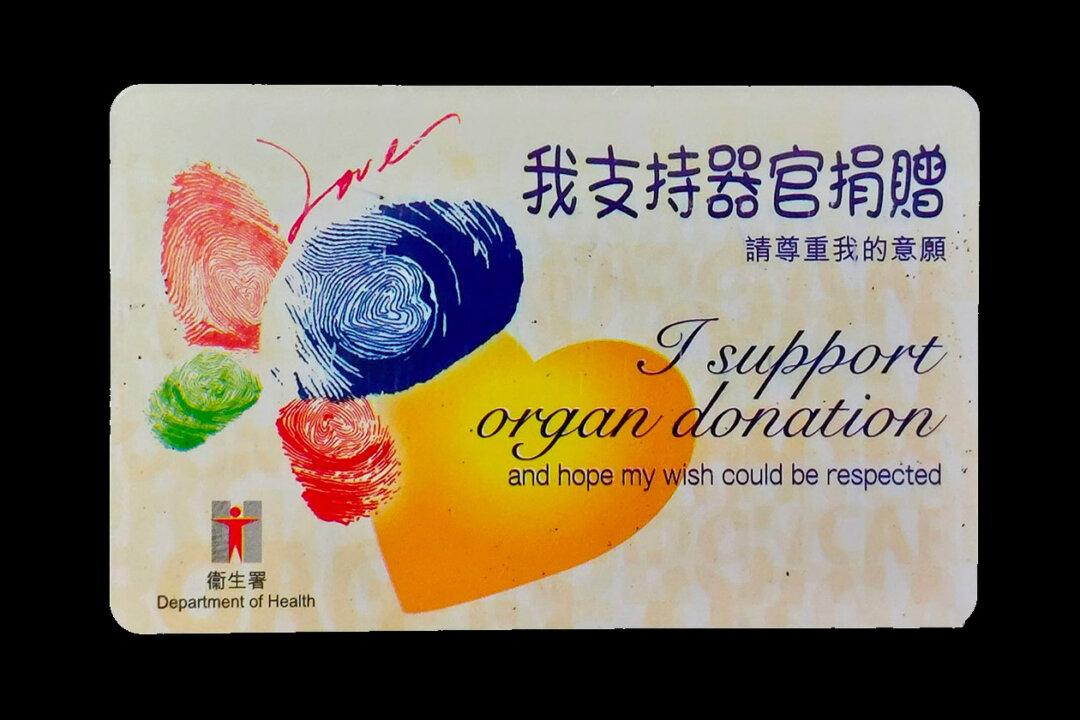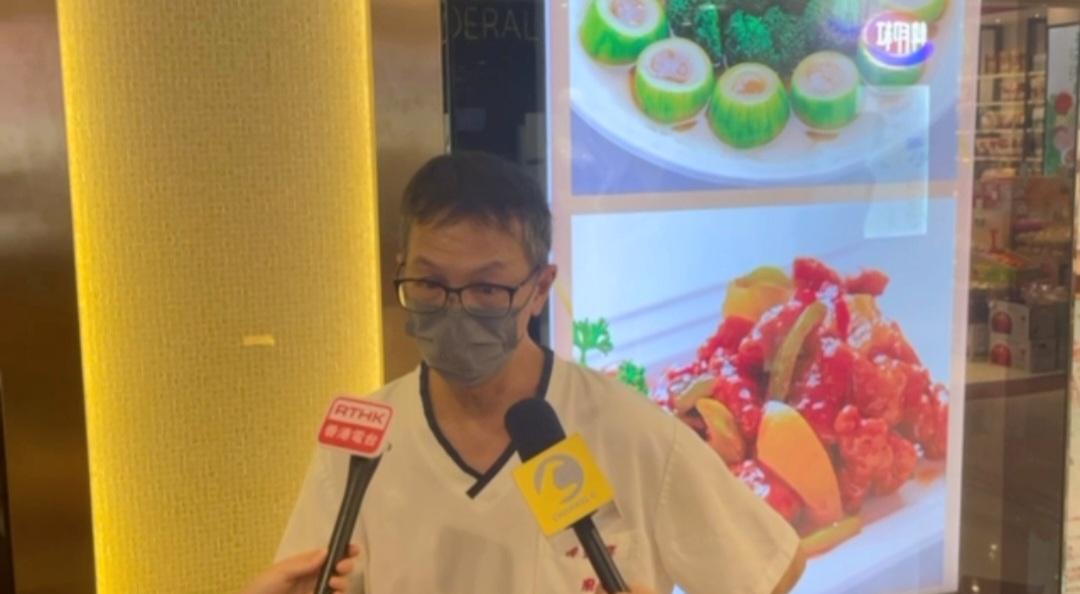Commentary
Over the 25 years after the handover of Hong Kong’s sovereignty, Hong Kong has undergone tremendous changes in all segments of society. One most notable change during the past 25 years is the “Hang Seng Index (HSI),” which used to reflect the health of the Hong Kong stock market. It is now being dominated by technology stocks from mainland China. Seven of the top 10 Hang Seng Index constituent stocks are now mainland companies.




